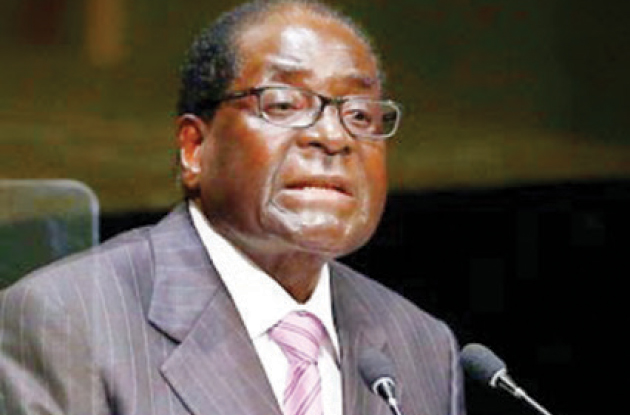Chidhakwa hails Maths, Science requirements

Pamela Shumba Senior Reporter
MINES and Mining Development Minister Walter Chidhakwa has commended the country’s new education curriculum, saying the teaching of Mathematics and Science subjects from primary level will drive national economic growth. The new curriculum was recently approved by Cabinet and schools have started implementing it.
It emphasises the teaching of Mathematics, Science, Engineering, Technology, Heritage Studies, local languages as well as sporting and practical subjects. Minister Chidhakwa said his ministry agreed with the Ministry of Primary and Secondary Education that Mathematics and Science subjects should be at the core of the country’s education system.
The Minister of Higher and Tertiary Education, Science and Technology Development Professor Jonathan Moyo early this week said the government has made it mandatory for those wishing to enrol in universities and other institutions of higher learning to have Mathematics and Science subjects at Ordinary level.
“I’m glad that the new education curriculum is coming into effect. We agreed with the Ministry of Primary and Secondary Education that Mathematics and Science subjects must be the core development of our education system. The teaching of these subjects must start at primary level if the country is to achieve sound economic growth,” said Minister Chidhakwa while addressing delegates at the graduation of 153 students at the Zimbabwe School of Mines yesterday.
“According to the new curriculum, Mathematics and Science are compulsory subjects. We know that not everybody will pass the subjects but all the years of learning them will allow the students to have better understanding and appreciation.” He added that if students are taught science subjects from primary level, they would understand concepts better when they are enrolled at institutions such as the Zimbabwe School of Mines.
He reiterated the importance of teaching Mathematics and Science subjects in schools adding that there is a deliberate policy to promote the subjects from Early Childhood Development (ECD) stage. Minister Chidhakwa said the involvement of more graduates in the engineering sector would assist the country in achieving advanced training and migration to competitive technologies.
“Zim-Asset acknowledges that driving the value addition and beneficiation agenda skills development and capacity building are imperative. The world is changing at a rapid pace, driven largely by developments in science and technology. This is because advances in science and changes in technology are the main drivers of economic growth and development, being scientifically and technologically advanced allows countries to be competitive in the global markets,” he said.
Minister Chidhakwa added that for the mining sector to grow, the government had established the Pan-African Minerals University of Science and Technology, to offer post-graduate programmes focusing on mineral value addition.
He said the government was also coming up with strategies to improve mineral production in the country. He commended the Zimbabwe School of Mines for its sterling work in capacitating Zimbabweans in a manner that will take the country’s mining sector to higher levels.
He urged the school to continue ensuring that their graduates are hands-on and well acquainted in best practices such as mine mechanisation methodologies to ensure compatibility with the Sadc region and the international mining industry. Minister Chidhakwa handed over a $6,300 cash prize to Sandrene Masviba after she scooped five awards including the best overall student.
She also walked away with a laptop, floating trophy and personal shields as well as shopping vouchers for being the best female student and the best student in Hydrometallurgy and Mineral Processing assays. The colourful ceremony was attended by senior government officials from different ministries, the Zimbabwe School of Mines staff and other mining institutions and parents.










Comments